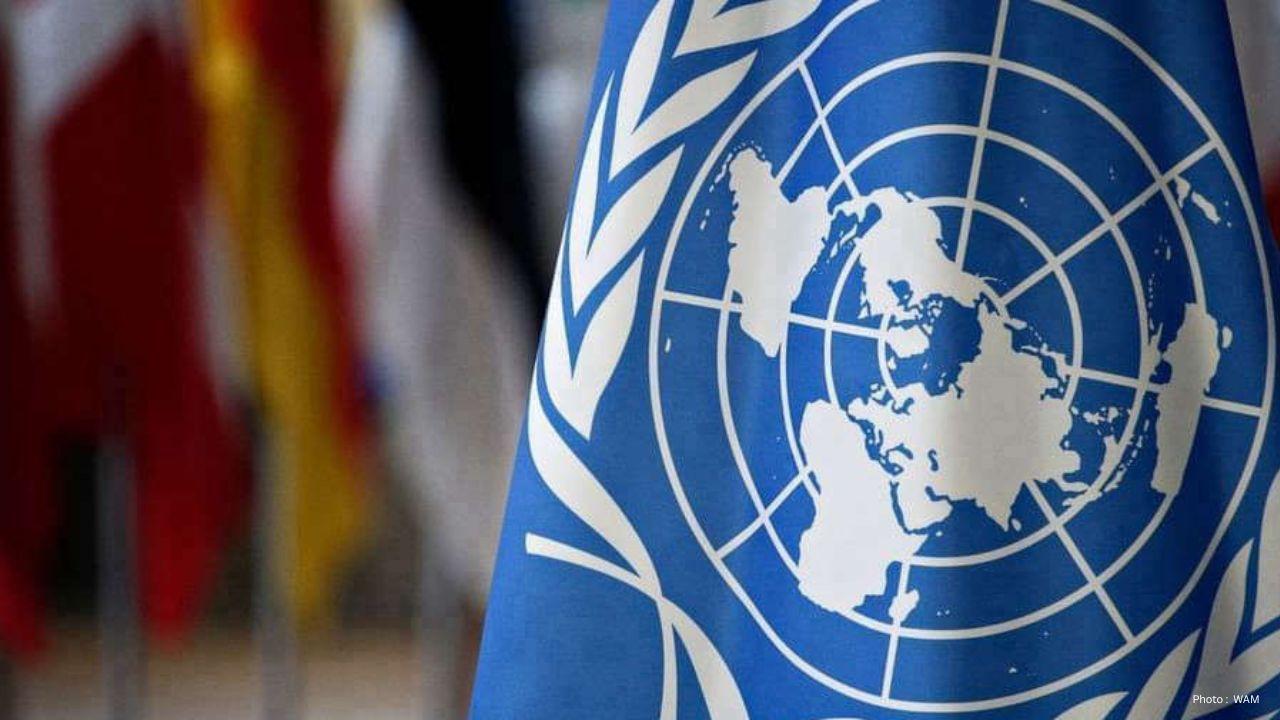
Post by : Saif Ali Khan
Venezuela has turned to the United Nations Security Council to challenge deadly U.S. military strikes in the southern Caribbean. The country claims these strikes on vessels off its coast are illegal and a violation of its sovereignty, according to a letter sent by Venezuela’s UN Ambassador Samuel Moncada.
Venezuela’s Complaint
In the letter, Moncada said the U.S. strikes have killed at least 27 people aboard what Venezuela calls civilian vessels traveling in international waters. He urged the Security Council to investigate the strikes, declare them illegal, and issue a statement that reaffirms respect for Venezuelan sovereignty, political independence, and territorial integrity.
President Nicolas Maduro echoed these concerns in Caracas. He accused the CIA of being authorized to carry out operations against Venezuela, describing it as an attempt to kill, overthrow, and destroy the country. Maduro said the Venezuelan people are aware, united, and ready to defend their nation from what he calls a conspiracy against peace and stability.
U.S. Position
The United States has defended its strikes, saying they are part of a military buildup to counter drug trafficking. President Donald Trump has ordered troops and military assets to the southern Caribbean, and officials claim at least five strikes were carried out against vessels involved in drug trafficking.
U.S. officials, including Ambassador to the UN Mike Waltz, argue that the strikes are legal under Article 51 of the UN Charter, which allows a country to defend itself against armed attacks. Waltz said the U.S. will continue to use intelligence, defense, and diplomacy to protect its sovereignty and respond to threats that endanger American lives.
Security Council Challenges
The UN Security Council can discuss Venezuela’s claims, but it faces a limitation: the United States holds veto power. This means that the council cannot pass any resolution condemning U.S. actions unless Washington agrees.
The council had its first meeting last week on this issue after requests from Venezuela, Russia, and China. During the meeting, the U.S. maintained that its actions were consistent with international law and focused on self-defense against threats from drug trafficking activities.
Regional Concerns
The strikes and military buildup have raised tensions in the Caribbean region. Critics warn that continued U.S. military action could escalate into a broader conflict. For Venezuela, the strikes are seen as a direct attack on its national security and sovereignty.
Maduro emphasized that his government is ready to resist any aggression. He framed the strikes as part of a larger pattern of interference in Latin American affairs and vowed to protect the people and country against foreign actions.
Diplomatic Implications
This situation places the UN in a difficult position. Venezuela seeks international recognition of the strikes as illegal, while the U.S. argues it is acting lawfully to protect its citizens.
Experts say this standoff highlights the limitations of international law when a permanent Security Council member with veto power is directly involved in a conflict. It also underscores the growing tensions between the U.S. and Latin American nations over sovereignty, drug control, and military presence.
Looking Ahead
The coming weeks will be critical. Venezuela will likely push for further UN scrutiny, while the U.S. may continue its military operations in the Caribbean. The international community faces a challenge: how to address claims of illegal strikes while recognizing the rights of nations to defend themselves.
For ordinary people in Venezuela, the situation is tense. Civilian lives are at risk, and any escalation could worsen humanitarian concerns in a country already dealing with economic and social challenges.
The dispute between Venezuela and the United States over the Caribbean strikes is more than a regional issue. It is a test for international law, the authority of the UN Security Council, and the balance between sovereignty and self-defense. How the world responds may influence future conflicts where major powers operate near smaller nations’ territories.
#trending #latest #Venezuela #USStrikes #UNSecurityCouncil #NicolasMaduro #CaribbeanTensions #InternationalLaw #Sovereignty #MiddleEastBulletin #DrugWar #USVenezuela
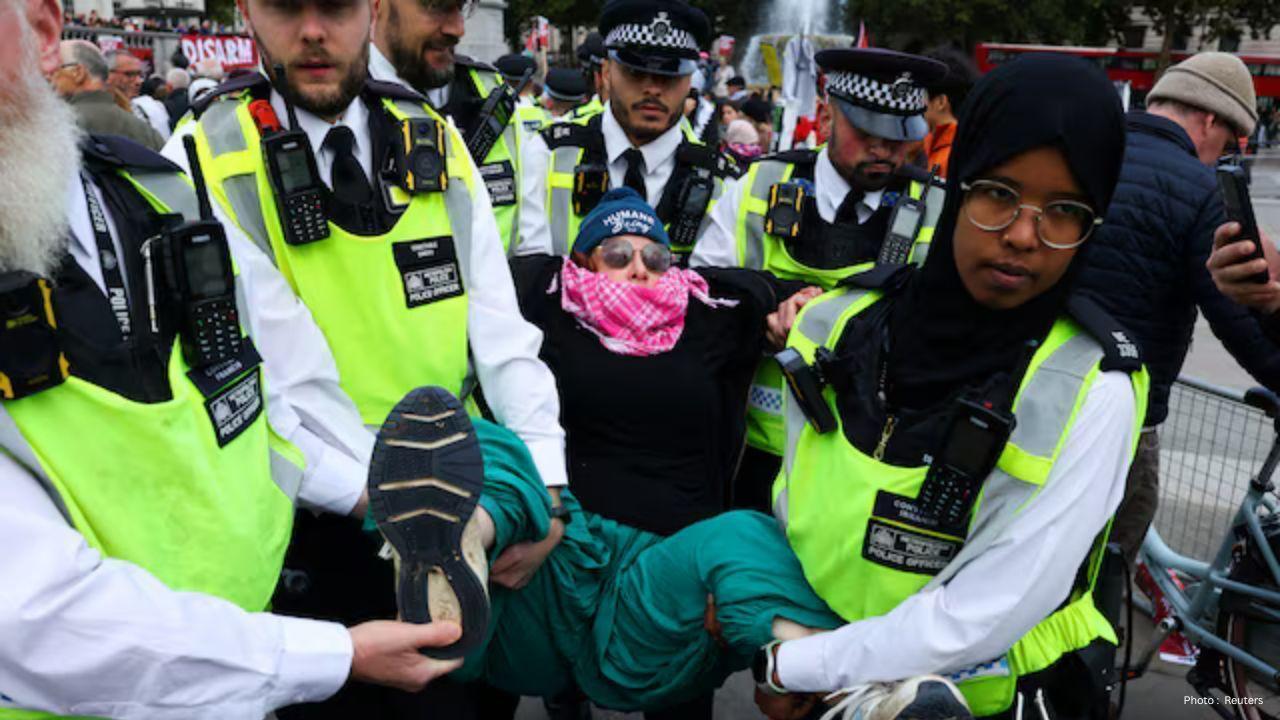
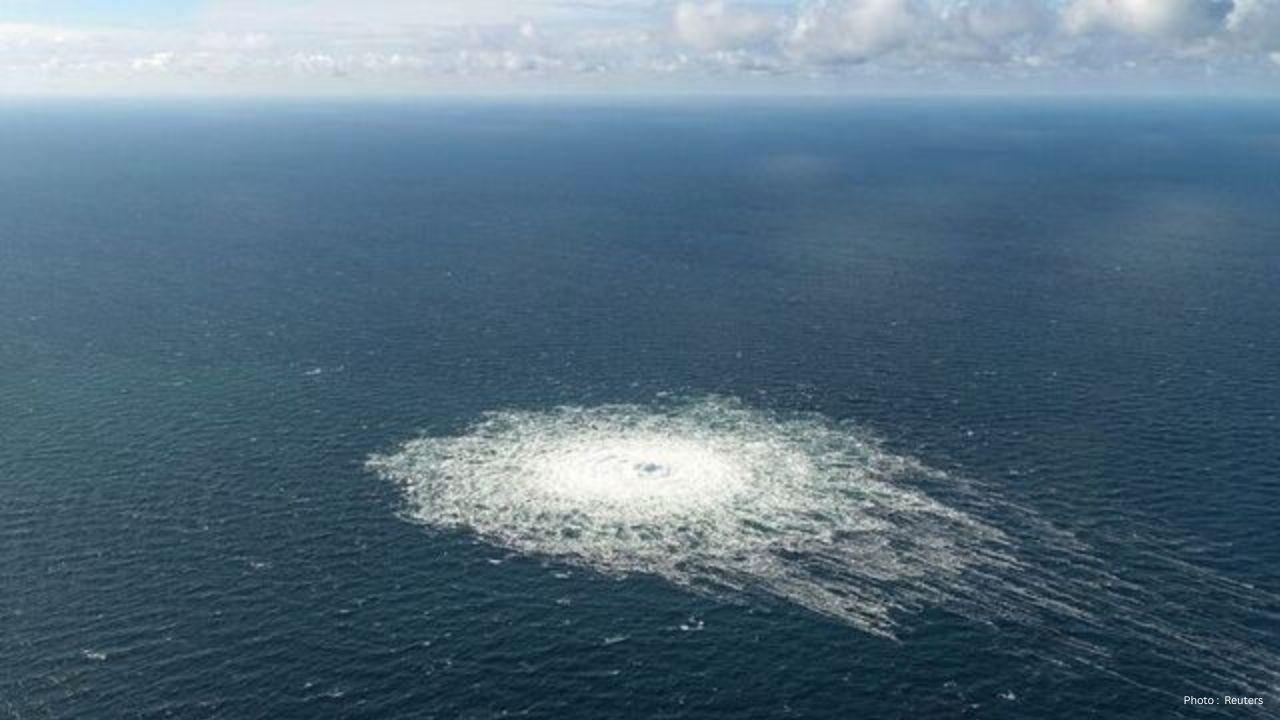
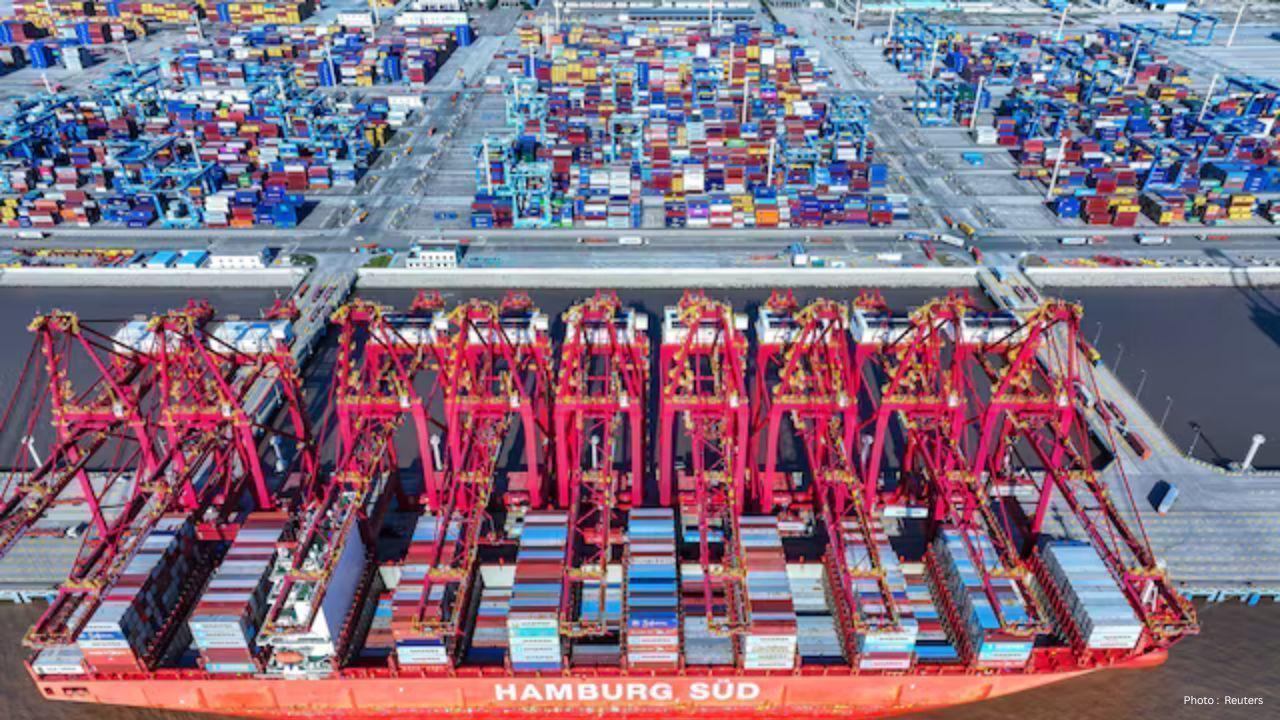
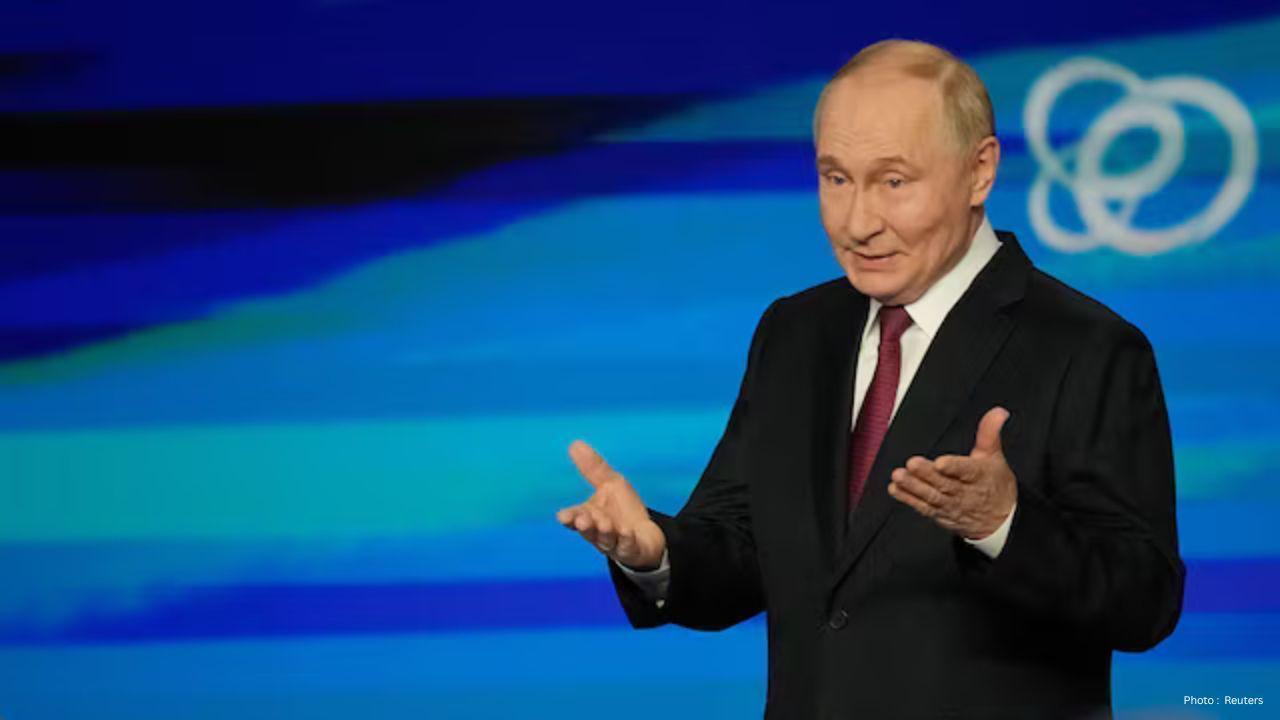
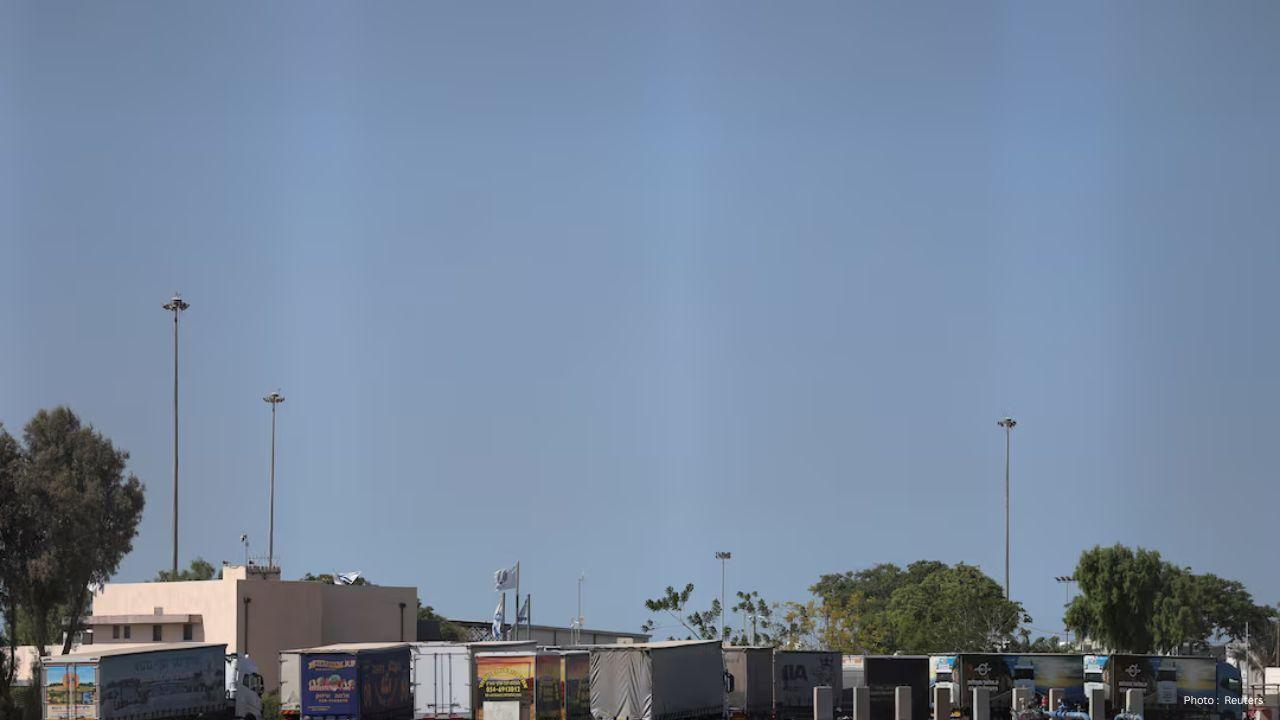
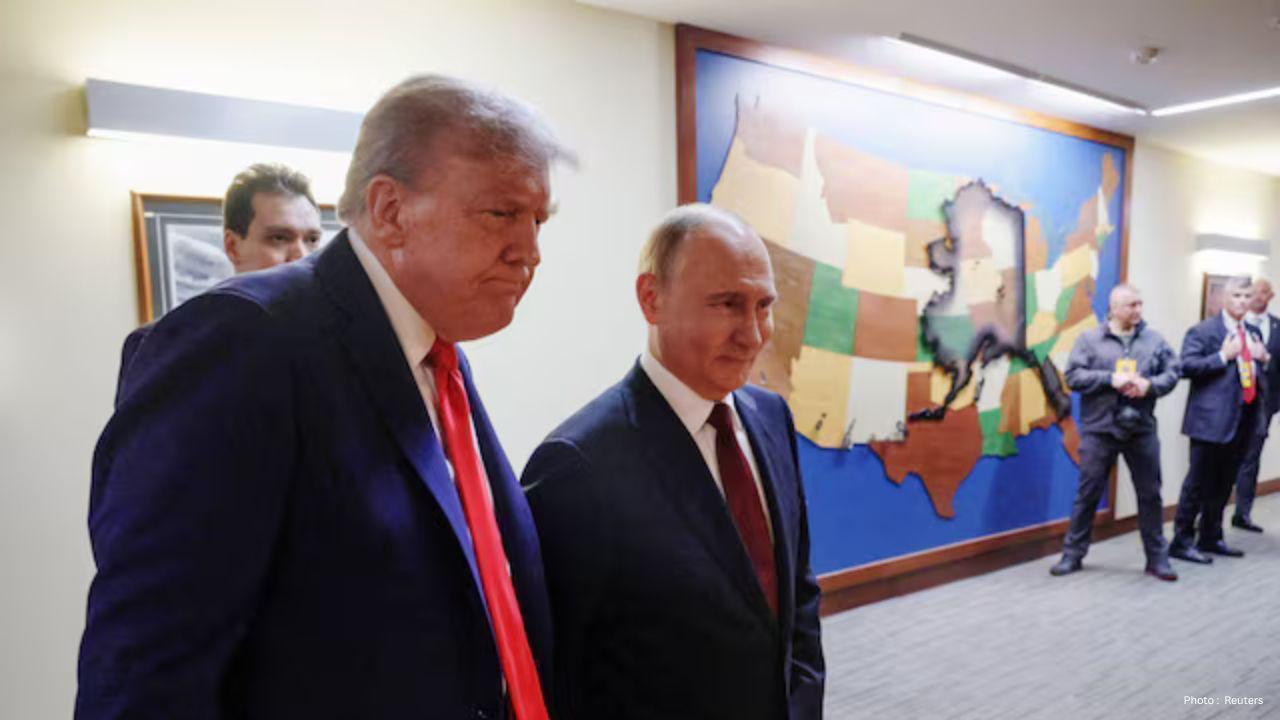
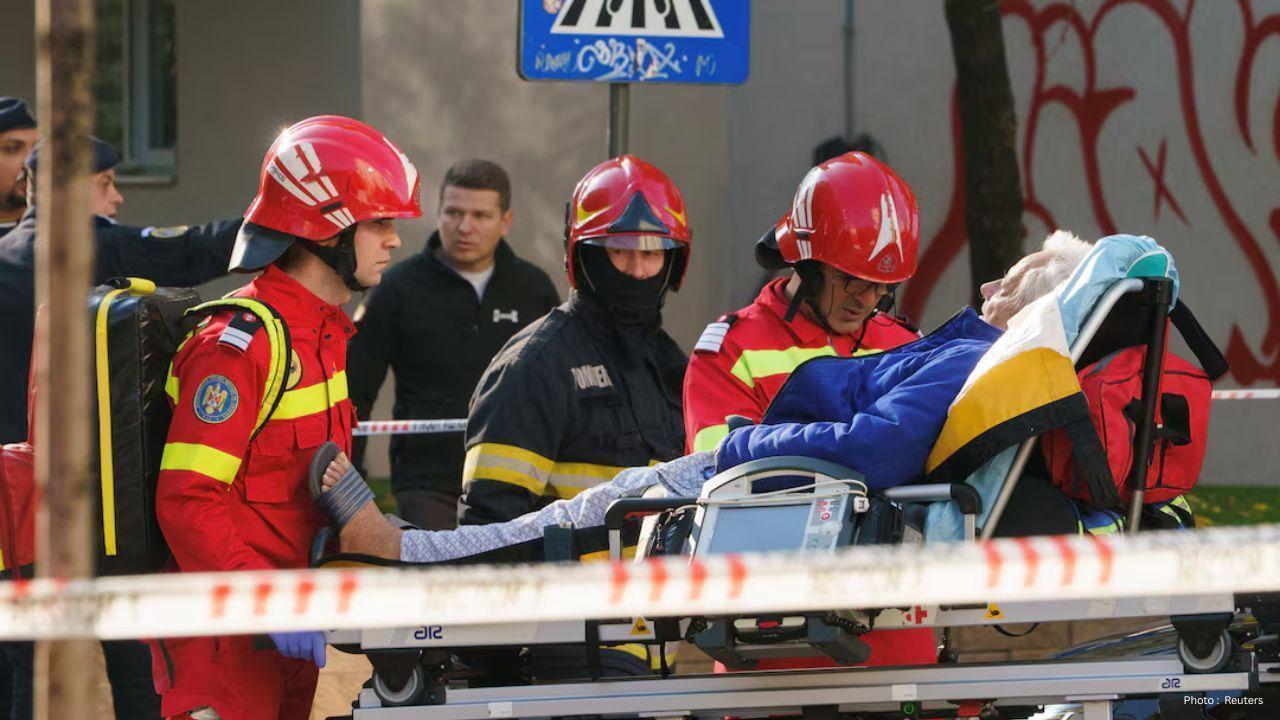

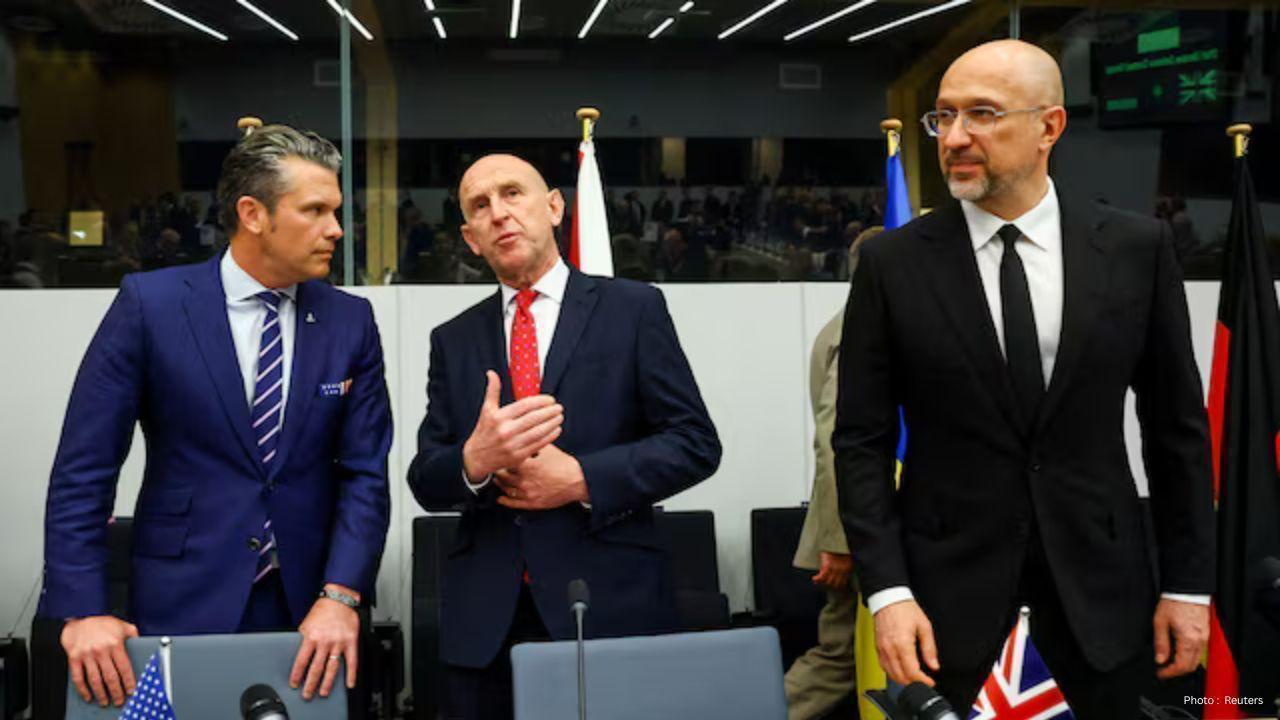

Baaghi 4 starring Tiger Shroff now streams on Amazon Prime Video
Tiger Shroff’s Baaghi 4 hits Amazon Prime Video on a rental basis, bringing high-octane action and e
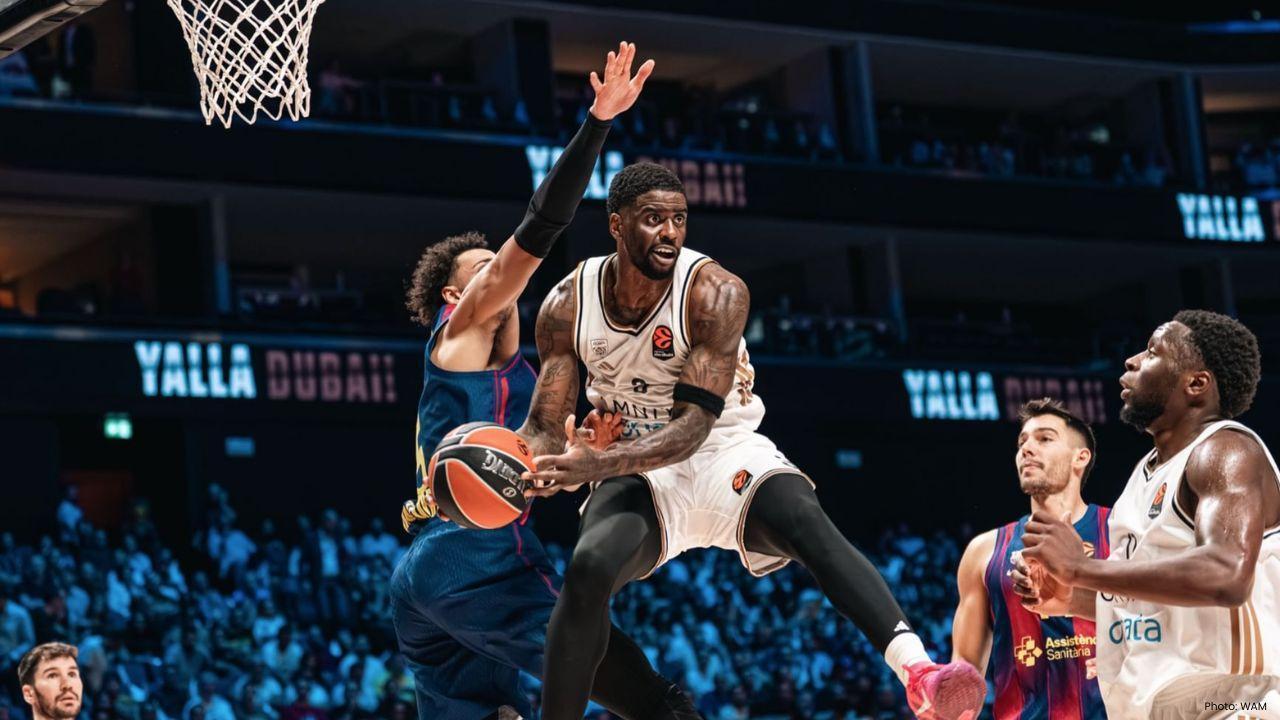
Dubai Basketball Club stuns Barcelona with historic 83-78 win
Dubai Basketball Club beats EuroLeague champs Barcelona 83-78 in historic debut at Coca-Cola Arena,

Lazio Denies Qatari Sale Rumors, Files Legal Complaints
Lazio refutes online claims of Qatari takeover talks, files reports with Italian regulators and judi
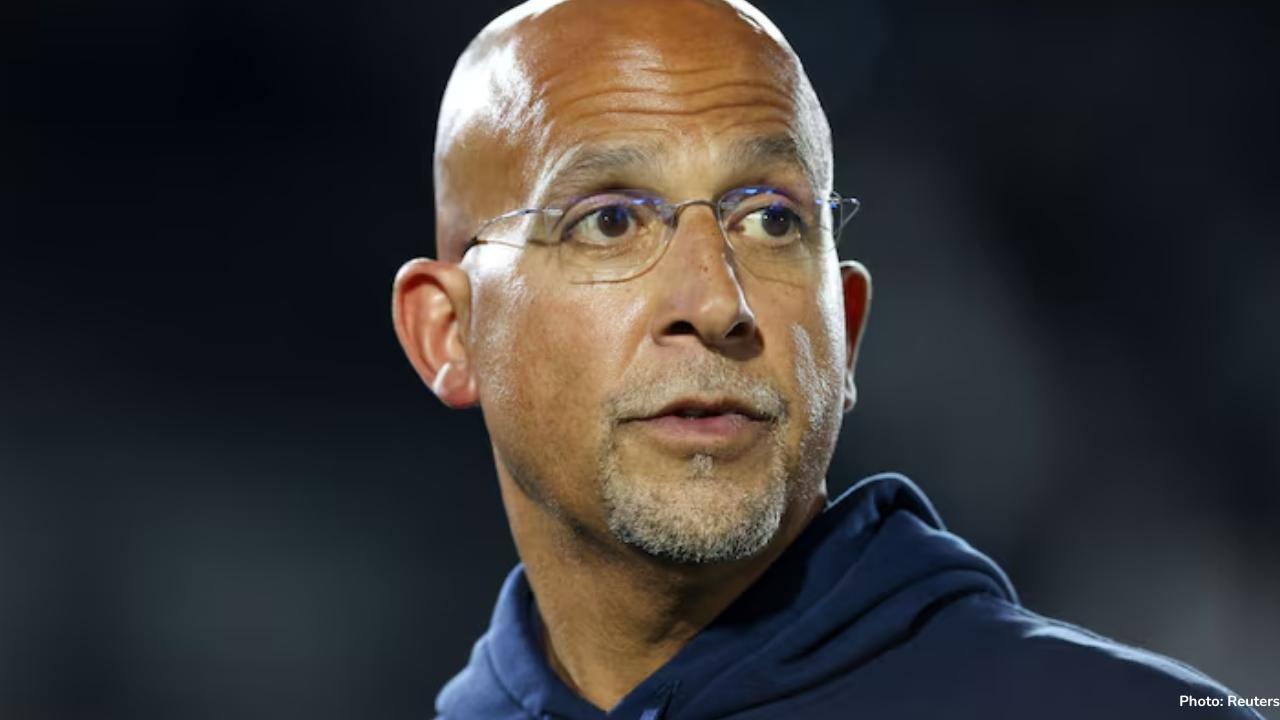
Penn State Fires Coach Franklin After Third Straight Loss
Penn State parts ways with James Franklin after 3 conference defeats, naming Terry Smith as interim

Denmark Beats Greece 3-1 to Stay Top in Qualifiers
Denmark wins 3-1 at home over Greece, keeps unbeaten record, and stays ahead of Scotland in Group C
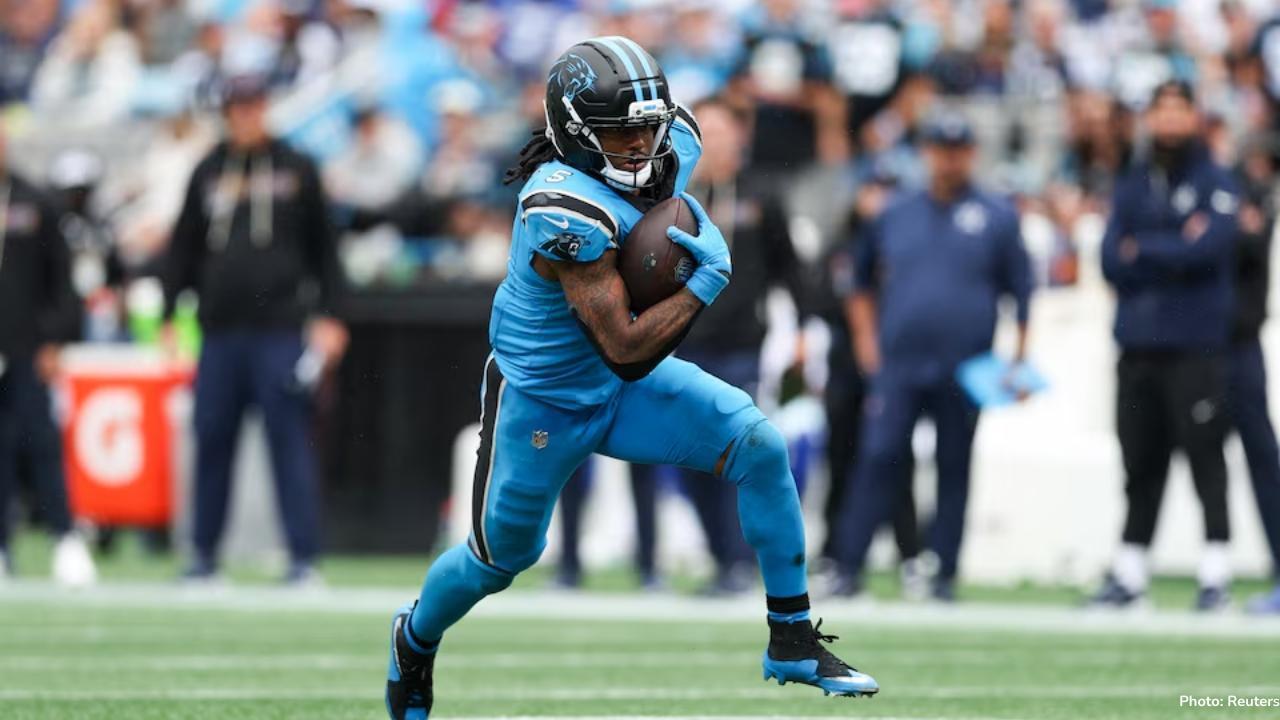
Panthers Edge Cowboys 30-27 with Dowdle’s Big Game
Rico Dowdle dominates former team with 239 total yards as Panthers win 30-27 over Cowboys by last-se